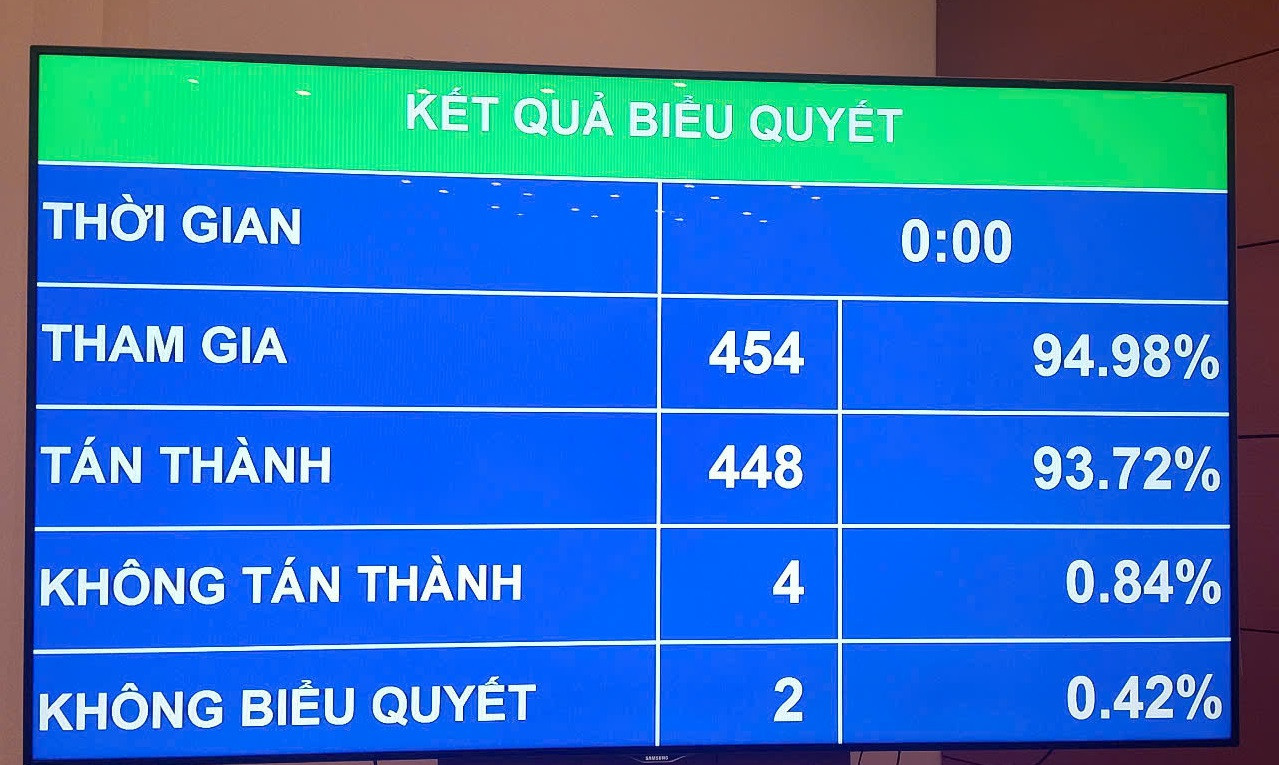With 448 out of 454 National Assembly deputies voting in favor (93.72%), the revised Law on Special Consumption Tax was officially passed on the morning of June 13, introducing significant changes targeting health-impacting products.

Key changes include taxing air conditioners with a capacity between 24,000 and under 90,000 BTU, while units under 18,000 BTU and above 90,000 BTU remain exempt. Sugary drinks containing more than 5g of sugar per 100ml will be taxed at 8% starting in 2027, increasing to 10% in 2028. Exceptions are made for natural fruit juices, coconut water, dairy products, and nutritional liquid foods.
For fuel, a 10% tax remains unchanged in line with Vietnam's net-zero emissions commitment. Non-commercial helicopters and gliders used for rescue or agriculture are exempt.
Tobacco products will continue to face a 75% tax, with further hikes expected in coming years. Alcohol over 20% ABV will be taxed at 65% starting in 2026, rising to 90% by 2031. Alcohol under 20% will see a gradual increase from 35% in 2026 to 60% by 2031. Beer will follow a similar path, with rates climbing from 65% to 90% over the same period.
International health organizations have voiced strong support for the tax hike. The World Health Organization (WHO) emphasized that taxing tobacco, alcohol, and sugary drinks could protect youth health, enhance productivity, and reduce healthcare burdens. Dr. Angela Pratt, WHO’s representative in Vietnam, stated that these reforms will yield long-term public health and economic benefits.
Vietnam currently faces rising consumption of harmful substances, including among youth. Smoking-related economic losses reach approximately VND 108 trillion (about USD 4.23 billion) annually. Alcohol contributes to over 30 diseases and disorders, and road accidents due to intoxication remain a leading cause of injury and death.
The consumption of sugary beverages in Vietnam has quadrupled over the past 15 years, with the average person now drinking nearly 70 liters annually. This surge correlates with increases in obesity and non-communicable diseases such as diabetes, heart disease, and cancer, which are responsible for 80% of all deaths in the country.
The revised law aims to signal consumers toward healthier choices by making harmful products less economically attractive.
Tuan Nguyen